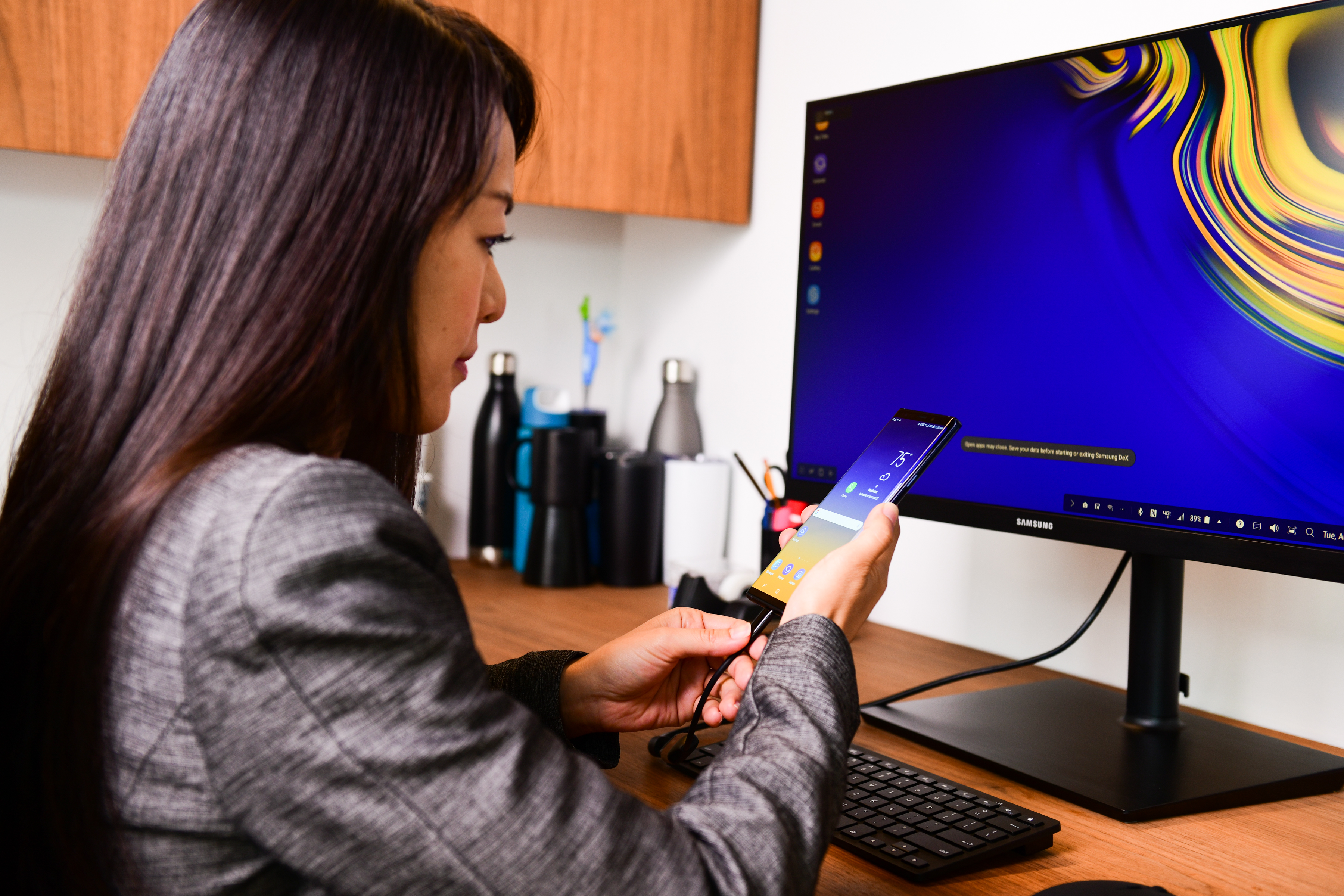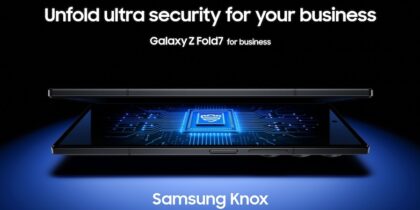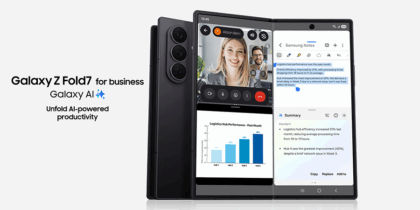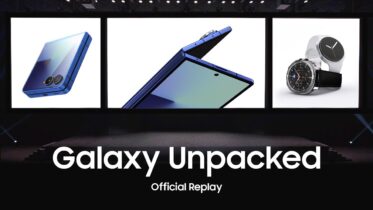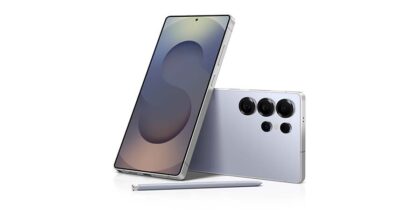Taking a mobile-only path to endpoint computing with a cutting-edge, DeX-enabled smartphone such as the Samsung Galaxy Note9 and Galaxy S10 lineup not only makes perfect sense for your workers’ productivity — it makes even more financial sense. From reducing hardware acquisition costs to cutting down the number of endpoints being managed across the business, mobile-only raises your bottom line.
What Is Mobile-Only?
Mobile-only endpoint computing is the replacement of traditional laptop and desktop PCs with smartphones (or tablets). In some cases, this may be limited to on-the-go task workers who are able to complete all work on their mobile device, but it’s now reaching a broader base of users through the emergence of solutions like Samsung DeX that allow the smartphone to power a desktop computing experience with a connected monitor, keyboard and mouse.
To quantify the financial ramifications of going mobile-only, we need to break down and compare two factors: hardware costs and ongoing management and upkeep costs. While acquisition is often looked at as the larger investment, deeper analysis quickly shows that IT management overheads — from device configuration, deployment, repairs and support, to software licenses and user training — vastly outweigh the hardware purchase price, especially for a PC. That’s even truer the longer you hold onto a computer, because the costs of support, maintenance and lost productivity balloon over time.
A Quick Cost Comparison: PC vs. Smartphone
Gartner delivered this key insight when it developed Total Cost of Ownership (TCO) models for PCs more three decades ago. Since then, Gartner has continued to update its TCO calculations for desktop and notebook PCs every five years or so. In its most recent update in 2013, Gartner found the annual TCO of a notebook computer for a worker ranged from $6,685 for a highly secured and managed laptop to $9,595 for an unmanaged laptop. In other words, an enterprise owning just 500 notebook PCs will spend between $3.3 million and $4.8 million per year.
By comparison, a 2018 study by Oxford Economics, commissioned by Samsung, found that the annual TCO per employee for corporate-issued smartphones is just $909 for a 500-employee company, including connectivity on a two-year contract. While the methodologies of the two studies differ, it is clear that the costs of outfitting employees with PCs is much greater than it is for smartphones.
What’s perhaps most concerning for the CFO, however, is that many companies today acquire and manage both — essentially maintaining dual infrastructure.
Dual Infrastructure and Cost
Acquiring and managing both PCs and smartphones for employees is a hefty investment, especially now that so many employees are voicing that they can get just about everything done today with their smartphones. According to a recent survey by GfK, four out of 10 mobile workers said they can get everything done with their smartphones today, or expect to be able to within a few years.
For a business that currently provides both PCs and smartphones to employees, going mobile-only and eliminating PCs for some or all users yields clear and immediate savings. Smartphone acquisition costs may increase slightly, since solutions such as Samsung DeX require powerful, premium mobile phones with a higher price-point. However, the savings on management and infrastructure to support PCs represents a huge per-employee saving, as shown in the Gartner TCO calculations above.
An organization that does not currently issue smartphones to employees will also see significant cost savings. That’s because even those that don’t issue smartphones are still managing BYOD mobile devices to a large degree. For these organizations, a phased migration to mobile-only will see corporate-issued laptops and desktop PCs replaced by corporate-issued smartphones with DeX. The increase in mobile acquisition costs will be offset by the elimination of PC replacement costs, and the reduced management of PCs will — in the most simplistic terms — be a pure cost saving for the organization.
Other Reasons to Go Mobile-Only
Other benefits for phasing out PCs include:
-
App streamlining. Going mobile-only allows your enterprise to focus on effective mobile applications rather than continuing the costly maintenance of legacy PC apps. Well-designed web-based apps will still work equally well on mobile, especially when viewed on a desktop monitor (as enabled by Samsung DeX).
-
Improved security. Mobile was once thought to be riskier than PC, but no longer. Hardware-based security platforms such as Samsung Knox are now highly secure, supported by streamlined mobile device management tools. And today’s smartphones like the Note9 are protected by advanced biometrics to keep out prying eyes if they are lost or stolen.
-
Cut the cord on landlines. Besides eliminating PCs, going mobile-only is also an opportunity to downsize on office telephones and PBX systems. It’s important to assess whether these are still necessary infrastructure in an era when most users are communicating via web-based video, cloud-based conferencing services and other communication channels on their phones.
Going mobile-only is a sound strategy for any enterprise looking to be competitive and nimble today. With the ability of powerful smartphones such as the Note9 featuring DeX to turn any space into a workspace, you won’t have to compromise on worker productivity at all, while you reap big savings every year.
Learn how the Galaxy S10 and Note9 with DeX can power your mobility, your productivity and your business. Not sure how to choose? Take our quick assessment to see which phone is best for your business needs.

